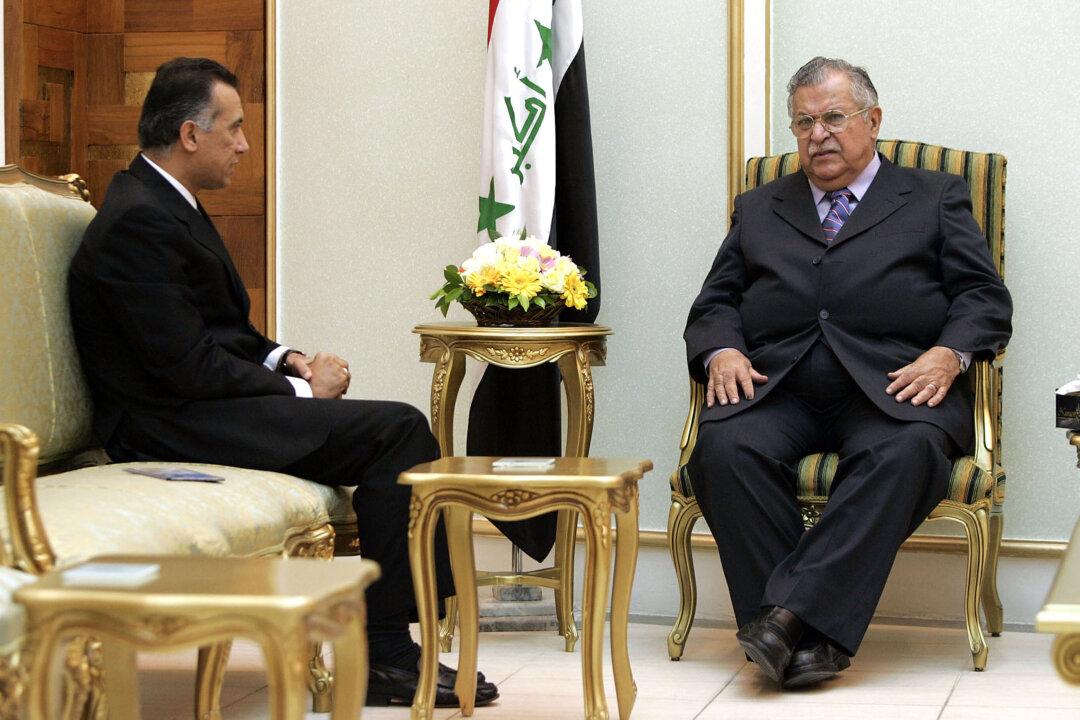BAGHDAD—Iraqi lawmakers approved a new government on May 7 after six months without one as parties squabbled until the last minute over Cabinet seats in backroom deals.
Prime Minister Mustafa al-Kadhimi, Iraq’s intelligence chief and a former journalist, will head the new government. He will begin his term without a full Cabinet, however, after several ministerial candidates were rejected.





